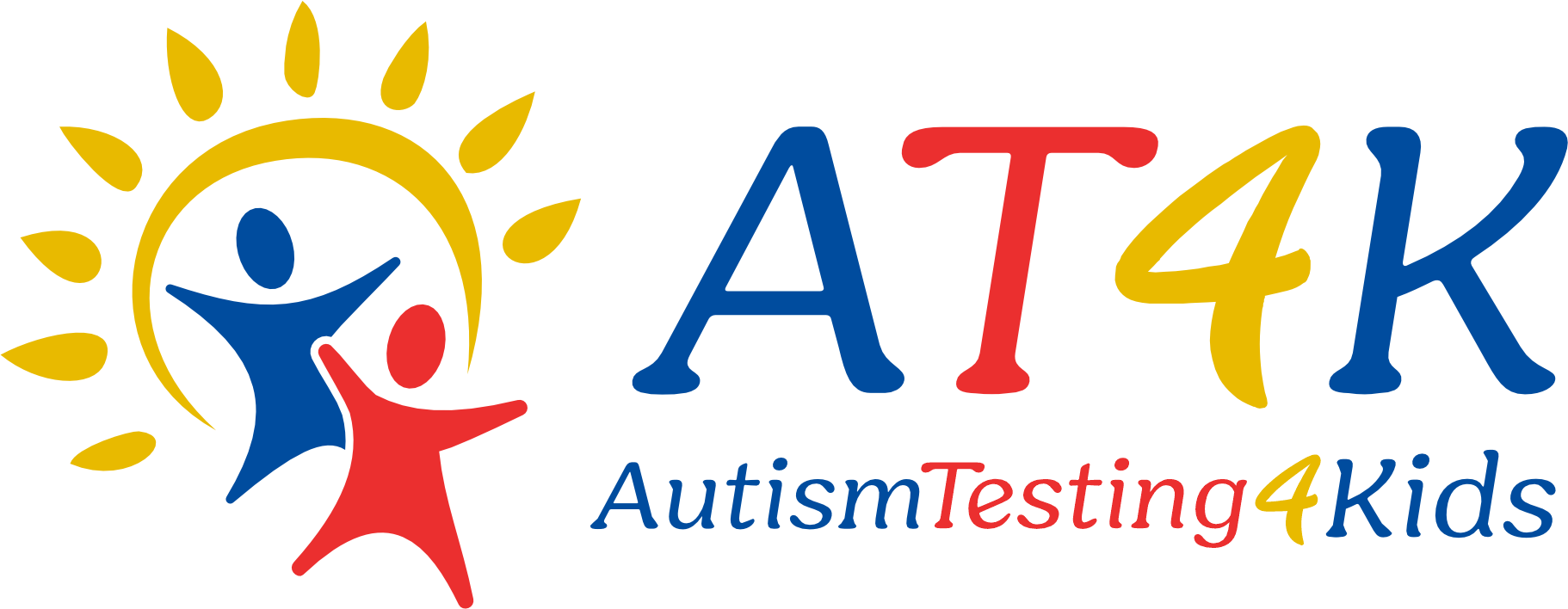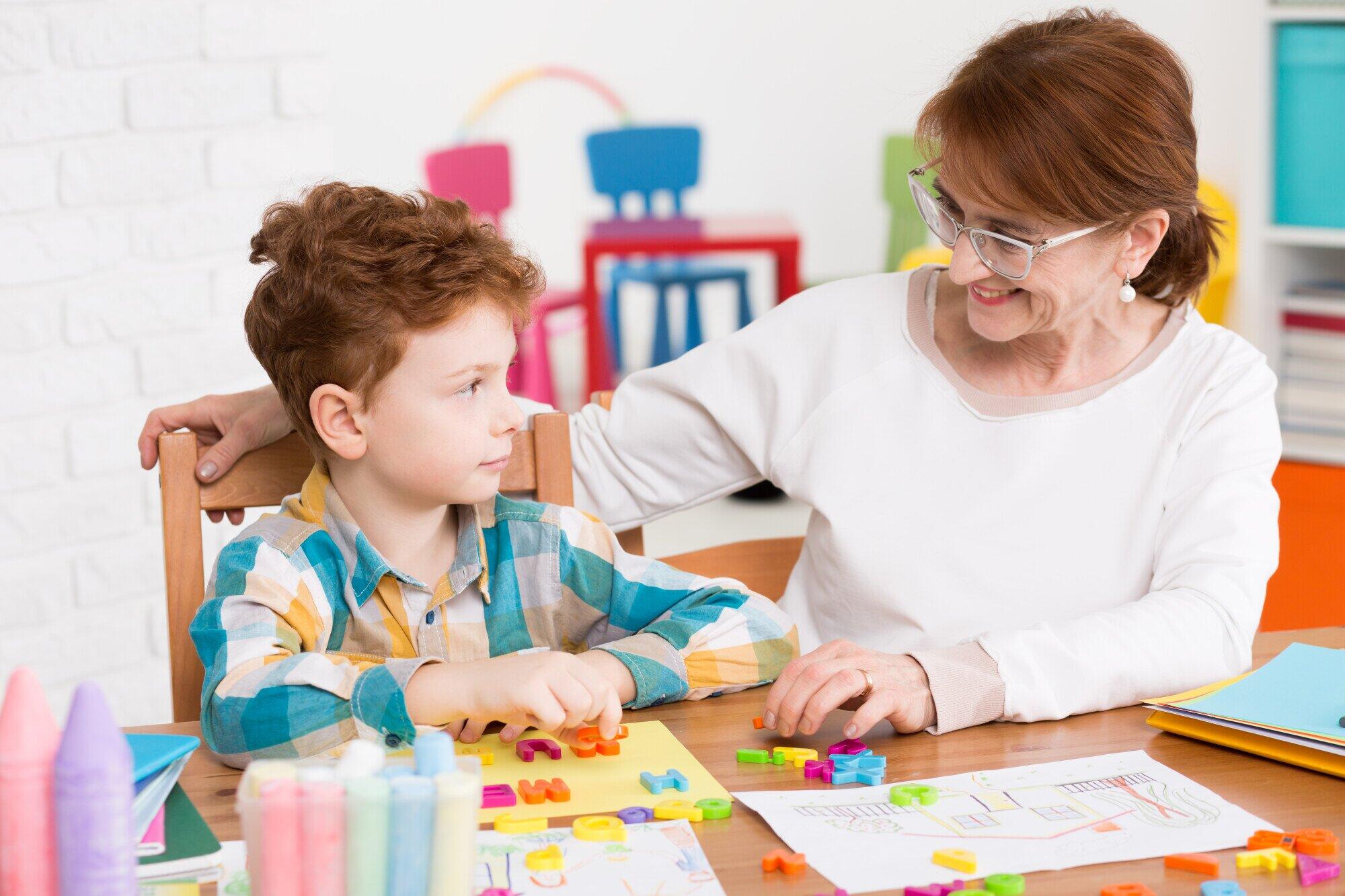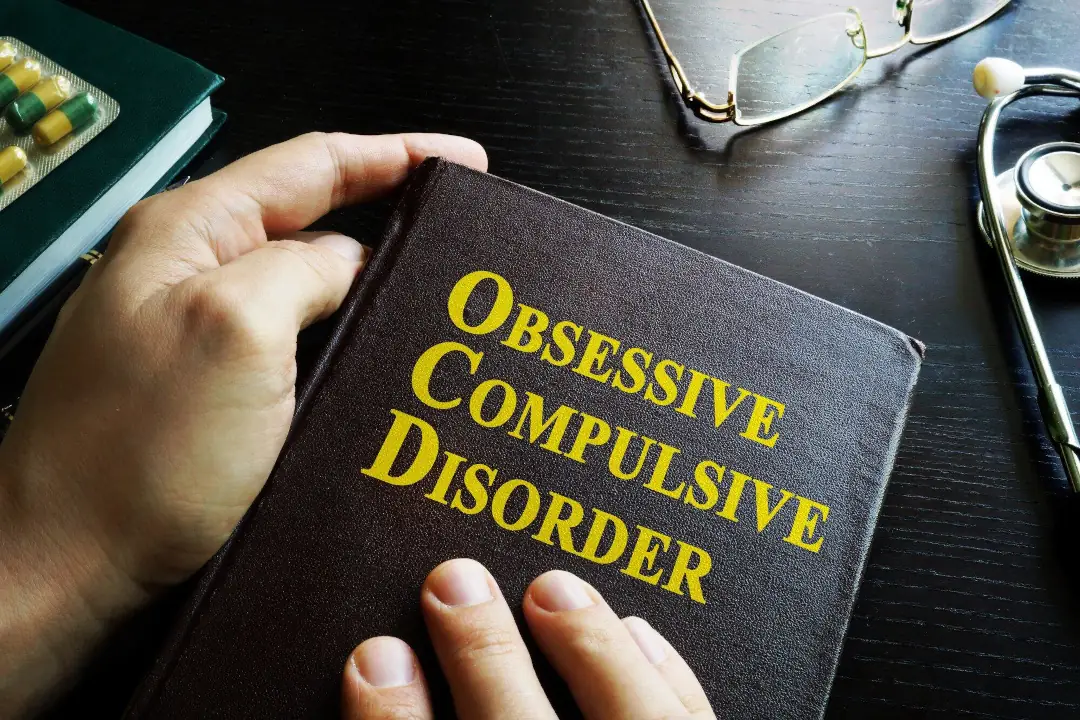In the United States, almost 3% of children have an official diagnosis of autism. Of course, there are also many more children around the country who have autism without receiving an official diagnosis.
As more and more children receive an autism diagnosis, there are also more people wondering how to parent a child with ADHD and autism.
The good news is that a lot of parents and experts have been asking this exact question for a long time. We now know a lot more about how to take care of children with autism or ADHD with as little unnecessary friction as possible.
With the right help on your side, you can provide your children with the tools and opportunities they need to develop. Read on to learn all about the top tips on how to parent a child with ADHD and autism!
Learn More About the Signs of Autism
Some parents think they might have an autistic child even before they receive an official autism diagnosis. In such cases, it can be extremely helpful to learn about the long list of signs of autism. The more of these signs you see in your child, the higher the chance they have autism.
However, learning to recognize these signs can be helpful even if you already know that your child has autism for sure. Many of your child’s traits will be unique to them and have nothing to do with their autism.
As you get to know your child and understand them and their autism more, it will be vital that you know what is a sign of autism and what is unrelated. If something is a sign of autism, that can mean that responding to it with certain strategies can be a good idea. On the other hand, these strategies might not be appropriate for unrelated aspects of your child’s behavior or personality.
Research the Nuances of Autism
If you wait long enough, you will become almost like a secondhand expert on autism just from understanding how your child is different from yourself and others.
However, some parents achieve this understanding of autism after years of trial and error. Only after all that do they have a more nuanced understanding that allows them to relate to their child with autism more smoothly.
However, you don’t have to wait for years to achieve this kind of understanding. The sooner you understand how the autistic mind works, the easier it will be for you to understand your child’s needs and what strategies might be effective for them.
Consider watching interviews with autistic people and finding other resources that can help you understand the nuances of autism.
Receive Custom Advice With Telemedicine Services
When parenting children with autism and ADHD, the benefits of telemedicine can be incredible. You don’t have to take your child anywhere new to learn more about them and their autism. In fact, you can find quality telemedicine services that start by meeting with the parents of autistic children alone.
With such services, you might spend your first few meetings understanding more about autism as well as how effectively you are adapting to your child’s unique needs.
You might later send these services a video of yourself interacting with your child. Then, experts can assess where on the autism spectrum your child lies. As you continue with these telemedicine visits, you can receive customized advice on how to help your child with their unique challenges.
Help Your Children Understand Themselves
The more you learn about autism, the more you might change how you relate to your child. However, they might not always understand why your behavior is changing.
It can be helpful for you to start teaching your child about their autism even when they are very young. That way, when your child engages in certain behaviors, they will start to notice that they are related to their autism.
That can come in handy if they already know about coping mechanisms and strategies for dealing with the difficulties that come with autism. This recognition can help them apply these tools at the right time.
The more your child understands their autism, the more it may also help them understand others.
Provide Your Children With Social Opportunities
Although some children with autism struggle with social situations, isolation will only make these difficulties worse. Try to provide your child with plenty of socialization opportunities.
It can help them to meet and develop friendships with other children who have autism as well as children who don’t. That way, they can start to gain a more practical understanding of how they are different and what they can do about it to get along well with others.
It can even be helpful for your child to see some of their autistic friends interact with some of their other friends. That way, they can see other children with autism struggle with the same things they do. That can give them a new perspective on their own struggles.
Create Structure for Your Autistic Children
In most cases, children with autism prefer to have lots of structure in their lives. Try to create a routine that you and your child with autism can follow almost all the time. If you need to make changes to your schedule, consider discussing them with your child in advance so that they know what is coming.
Be Patient With Your Children and Yourself
You may want to prepare some soothing or calming rituals for your child and even yourself. If either of you struggles with patience, you can develop the habit of taking some time to regulate your emotions before moving on with your day.
Know How to Parent a Child With ADHD and Autism
Learning how to parent a child with ADHD and autism can be a long process. However, the sooner you get started, the sooner you can enjoy the benefits of understanding your child better. With the right tools and preparation, you can parent your child while keeping stress and frustration at a minimum.
To find out more about how telemedicine services can help you understand your child with ADHD or autism in Texas, contact us at Developmental Pediatrics at any time!




